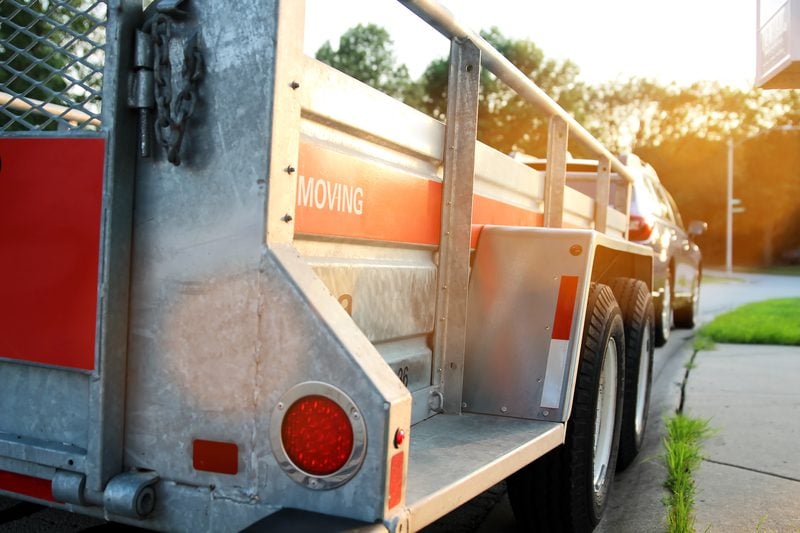TOMS RIVER, NJ – A new homeowner migration report by MoveBuddah shows that New Jersey is the most moved out of state, but the Ocean County towns of Toms River, Brick and Jackson are among the most moved out of towns in the state.
According to the New Jersey exodus migration report, here are the most moved out of towns in the state:
- Trenton
- Princeton
- Cherry Hill
- Jamesburg
- Toms River
- New Brunswick
- Hoboken
- Jersey City
- Jackson
- Brick
Most of the cities in the top 10 are urbanized areas, but Jackson Toms River and Brick are suburban bedroom communities located in the less populated Jersey Shore area. What’s happening?
Those towns border the Orthodox Jewish enclave of Lakewood Township. In recent years, Lakewood has suffered from overpopulation, and in turn, people who once considered Lakewood a prime destination are now seeking to relocate to the towns surrounding Lakewood. Those towns are Howell, Toms River, Brick and Jackson.
Related: Six Projects Planned by Toms River Mayor Hill to Turn Downtown Village Into City
Orthodox Jewish residents from New York City and other major population centers several years ago were urged to become ‘schtickel pioneers’ by a prominent Lakewood developer and to move into the Lakewood suburbs of Toms River, Jackson, Howell and Brick. Tens of thousands of Orthodox Jews followed that advice and today a thriving community is growing beyond Lakewood, encouraged by local mayors like Jackson Township Mayor Michael Reina and Toms River Township Mayor Maurice Hill.
While many in the communities expressed frustration over the changing demographics, Hill and Reina openly encourage and support their towns being live, work and play destinations for their growing Orthodox Jewish communities.
Although MoveBuddah’s report shows the sheer amount of exodus of the local population, what it doesn’t show is that its figures are skewed. Many single-family homes are getting lost in the shuffle. Traditionally single-family homes are sold by individuals moving out to individuals moving in. In Toms River and Jackson, many of those homes are being purchased by LLC corporations, skewing MoveBuddah’s figures to show a population drop. Instead, the exact opposite is happening.
Many empty nesters in these towns are moving out to places such as Florida, Texas, and South Carolina, being replaced with young Orthodox Jewish families, typically with two young children or more.
In Toms River’s North Dover section, woods are being torn down for high-density townhomes, a community shift welcomed by local Mayor Maurice Hill who has developed a personal bond with the growing Jewish community that was instrumental in his 2019 election victory.
In Jackson, nearly 4,000 residential units are either in construction, newly constructed, or have been approved for construction in Jackson Mayor Michael Reina’s plan to urbanize Jackson with town centers, apartment complexes and high-density commercial development in the town’s remaining buildable land.
Ten years ago Reina pitched his idea for the urbanization of Jackson, paying NFL Hall of Famer Terry Bradshaw $20,000 for a commercial that encouraged developers to clear cut land in Jackson to build massive townhouse projects, apartments, warehouses, strip malls, and an entertainment center adjacent to Six Flags Great Adventure.
Related: Seasons Kosher Grocery Coming to Toms River’s North Dover Section as Demand Grows
“Jackson’s future has arrived,” Reina, a Brooklyn native said in a recent advertisement for a large apartment, warehouse and sports field complex near Great Adventure.
While the exodus out of Toms River, Jackson, and Brick is real, the fact that many of the homes are being purchased by LLCs skewed the MoveBuddah report slightly.
